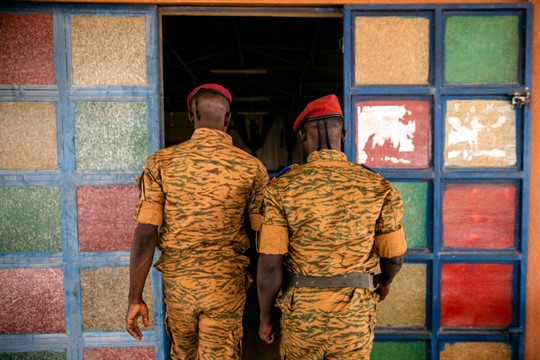
In early June, jihadist militants in Burkina Faso raided homes and the local market in Solhan, a village close to the border with Niger. By sunrise, they had killed at least 160 civilians in what local officials said was the country’s worst terrorist attack in years.
Though particularly shocking for its scale, the attack is the latest expression of an ongoing and escalating conflict. Since 2016, Burkina Faso has been home to a jihadist insurrection that has thrown the country into an “unprecedented humanitarian crisis,” according to the United Nations, and displaced more than 1 million people—a number that has increased by a factor of 10 since 2019. This, despite the fact that international partners, including the European Union and the United States, have dedicated hundreds of millions of dollars to security assistance for Burkina Faso in recent years. As violence continued to escalate, the International Crisis Group, a Brussels-based think tank, called in February for a policy rethink, warning that “adding more financial or military resources will not reverse the deterioration of security” in the Sahel.
